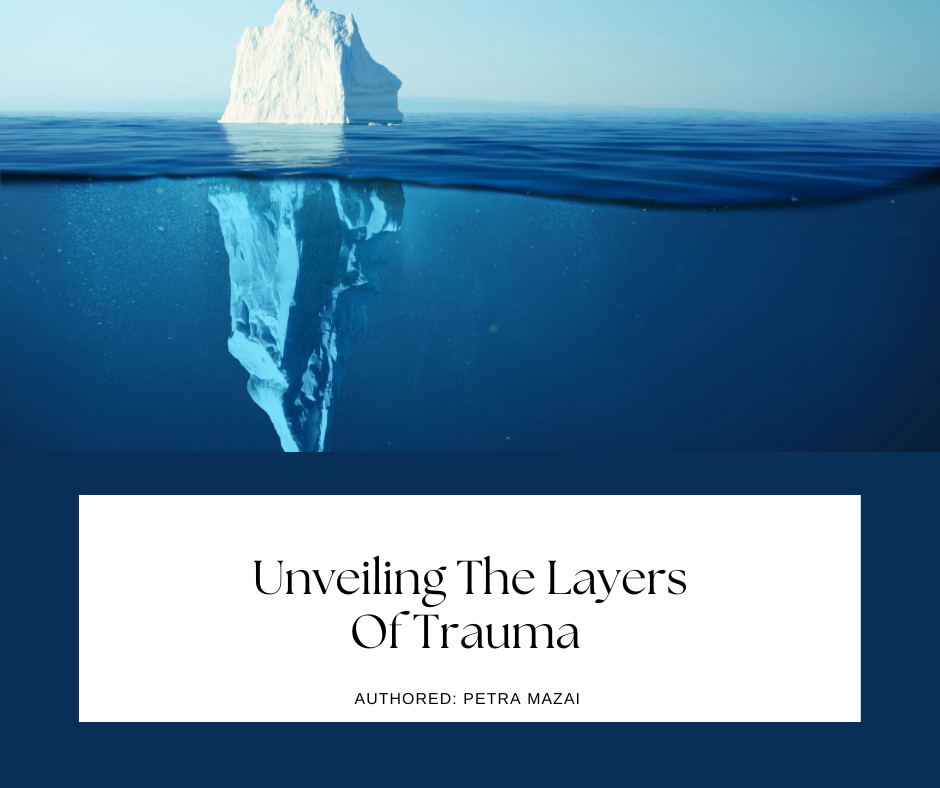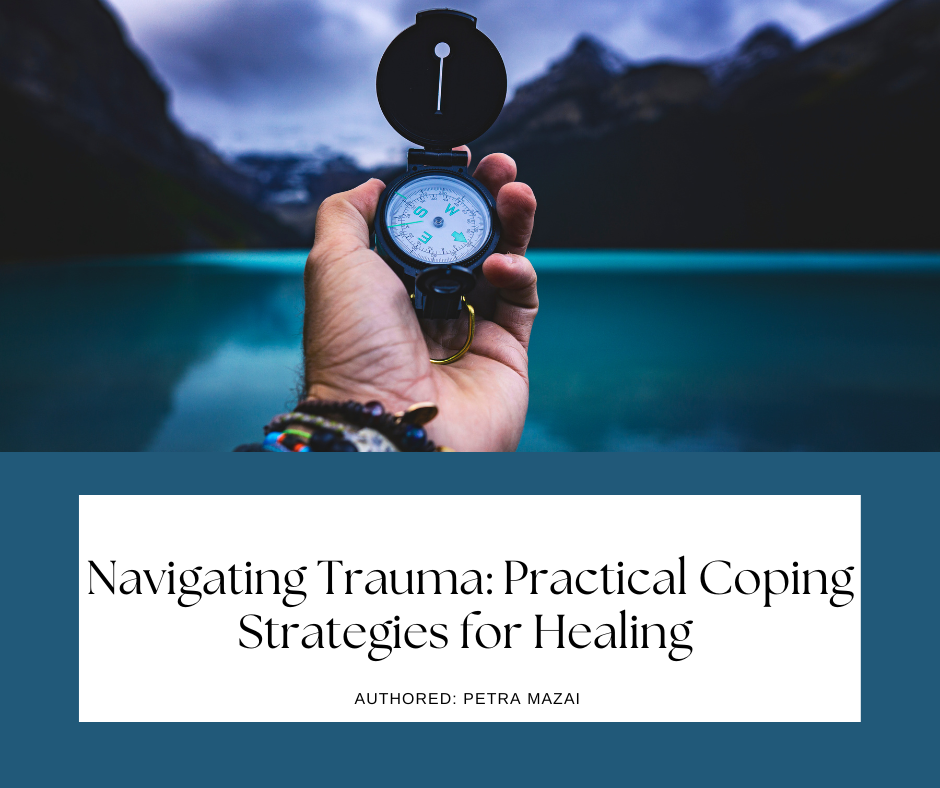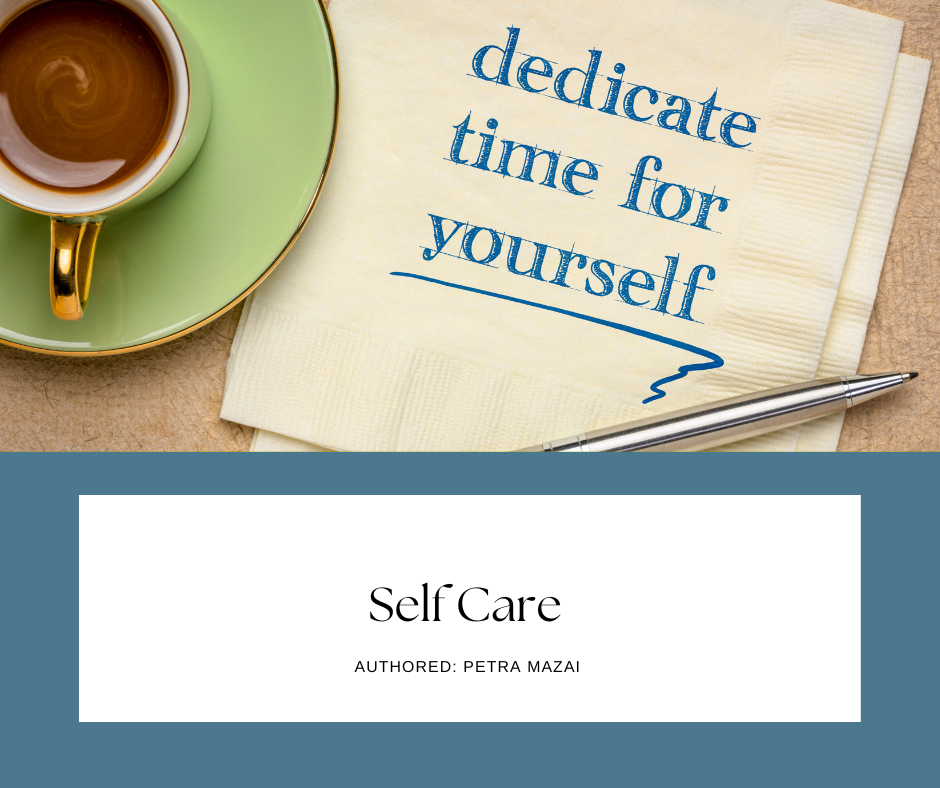Explore Holistic Therapies:
Explore complementary therapies such as acupuncture, massage, or aromatherapy. These approaches can support overall well-being and relaxation.
Engage in Peer Support:
Connect with others who have experienced similar challenges through support groups or online communities. Sharing experiences and coping strategies can reduce feelings of isolation.
Therapeutic Arts:
Engage in therapeutic arts, such as painting, drawing, or sculpting. Expressing emotions through creative outlets can be a powerful form of self-discovery and healing.
Mind-Body Practices:
Explore mind-body practices like Tai Chi or Qigong, which combine physical movement, breath control, and mindfulness to promote balance and relaxation.
Inner Child Work:
Consider inner child work in therapy to explore and heal the emotional wounds from childhood. Connecting with your inner child can be a transformative part of the healing process.
Practice Gratitude:
Cultivate a gratitude practice by regularly acknowledging and appreciating positive aspects of your life. This can shift focus away from negative experiences.
Embrace Spirituality:
For some individuals, spirituality or religious practices can provide a sense of purpose and comfort. Explore practices that align with your beliefs and values.
Remember that healing is a nonlinear journey, and it’s important to adapt these strategies to your individual needs and preferences. If you find it challenging to navigate this process on your own, seeking professional guidance and support is crucial. Therapists, counsellors, and support networks can provide invaluable assistance on your path to healing and recovery.




